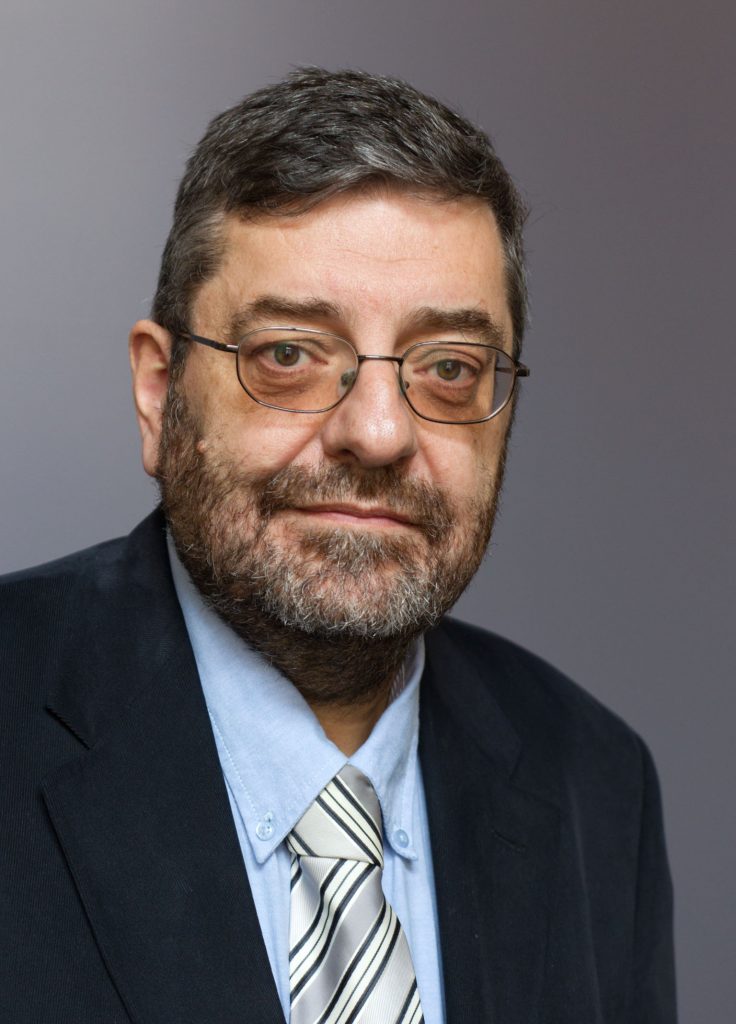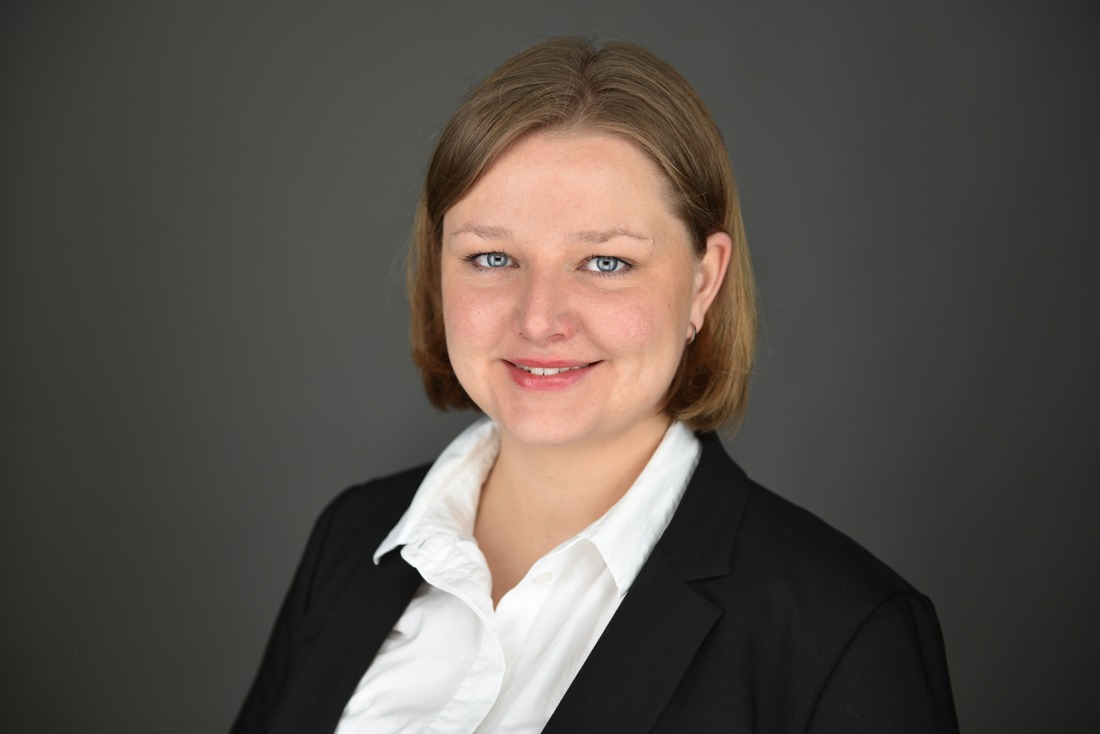Sustainable Global Supply Chains Report 2022
2022
DOI number#Agriculture and food
#Trade and FDI
#Manufacturing
#Sub-saharan Africa
#Mining
#East Asia and Pacific
#South Asia
#Environment and climate change
#The Middle East and North Africa
#EU / Western Europe
#Social and working conditions
#Energy
#Sustainability standards
#Corporate responsibility and lead firms
#Latin America
#Eastern/Non-EU Europe and Central Asia
#Australia and New Zealand
Global Supply Chains (GSCs) have become a key feature of globalisation. Production processes are increasingly broken down into specific tasks and organised across national borders. They are organised and governed by “lead firms” that set many of the standards according to which other firms in the chain operate. About half of all global trade is nowadays organised in GSCs. GSCs have manifold effects on economic, social and environmental sustainability. Changes in the configuration of GSCs – regardless of whether they are driven by technological change, geopolitics or government regulation – have wide, and often hardly predictable, ramifications. They impact on who participates in GSC, who reaps the benefits and how the natural environment is affected. Thus, identifying changes in GSC and studying their economic, social and environmental effects is one of the big challenges for GSC research. With this report – the first in a new annual series – we present new research highlights, provide a forum to debate controversial supply chain topics and identify policy-relevant research gaps for the network‘s future work. The report is, at the same time, an invitation to participate in the discussions on how investment, production and trade will be reorganized in a global economy that has to respond to geopolitical challenges.






